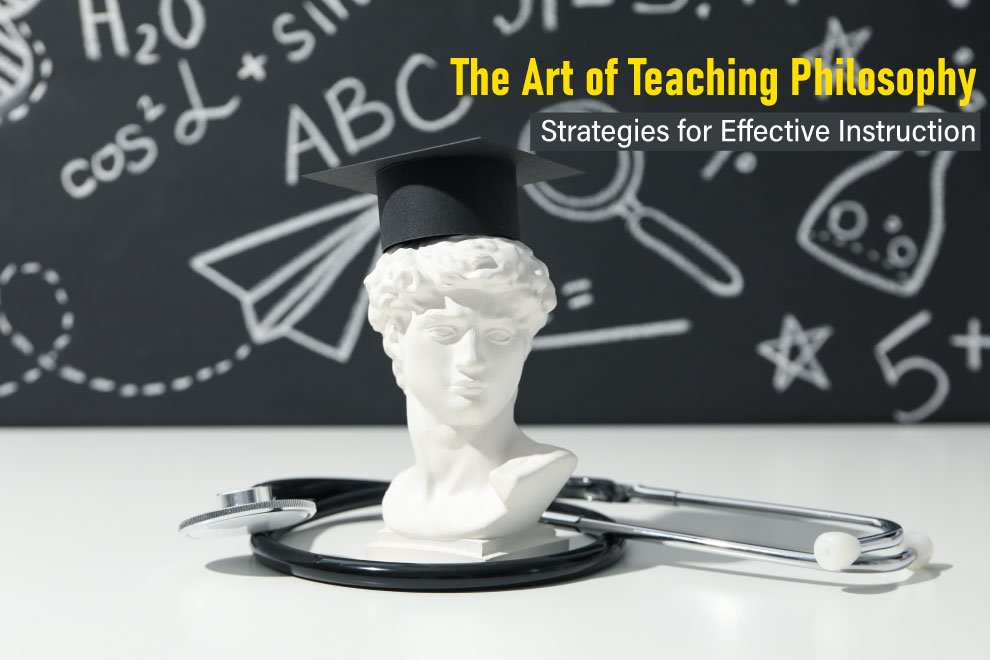Key Highlights:
- A bipartisan group of senators presented legislation to limit the market power of app stores owned by Apple and Google.
- According to Apple, the app store is an unprecedented engine of economic growth and innovation supporting more than 2.1 million employees across all states.
- Epic has also sued Google over its app store tactics, as have a large collection of state attorneys general.
Imposing limits on the app store
A bipartisan group of senators presented legislation to limit the market power of app stores owned by firms such as Apple and Alphabet Inc’s Google.
Democratic Senators Richard Blumenthal of Connecticut and Amy Klobuchar of Minnesota joined Republican Senator Marsha Blackburn of Tennessee in sponsoring the bill, which would prohibit large app shops from compelling app developers to adopt their payment method. It would also ban them from penalizing applications that provide alternative rates or terms through a separate app store or payment mechanism.
“I found this predatory abuse of Apple and Google so deeply offensive on so many levels,” Blumenthal said in an interview. “Their power has reached a point where they are impacting the whole economy in stifling and strangling innovation.”
Blumenthal said he expected companion legislation in the House of Representatives “very soon.”
The stakes are high for Apple, whose App Store anchors its $53.8 billion services business as the smartphone market has matured.
Unprecedented Engine of Economic growth
According to Apple, the app store is an “unprecedented engine of economic growth and innovation, supporting more than 2.1 million employees across all 50 states.”
Google declined to comment, but a spokesperson referenced prior corporate remarks stating that Android devices frequently come preinstalled with two or more app shops and that software vendors can offer downloads without using Google’s Play Store.
Spotify, the creators of “Fortnite,” Epic Games, and Tile all praised the measure. Tile, which creates tags to help people recover lost items, complained earlier this year that Apple was introducing a competing product.
Similar Legislative in South Korea
In South Korea, a similar legislative change has been enacted. Google said last year that it will impose some in-app payment methods and earn a 30% commission charge on non-game digital content.
Apple’s control over programs on its App Store, as well as its 15% to 30% fees on digital purchases, have drawn regulatory attention. A federal court is evaluating testimony in order to rule on Epic Games’ antitrust complaint.
Epic has also sued Google over its app store tactics, as have a large collection of state attorneys general, saying that it operated illegally to preserve a monopoly for its app store for Android phones.










